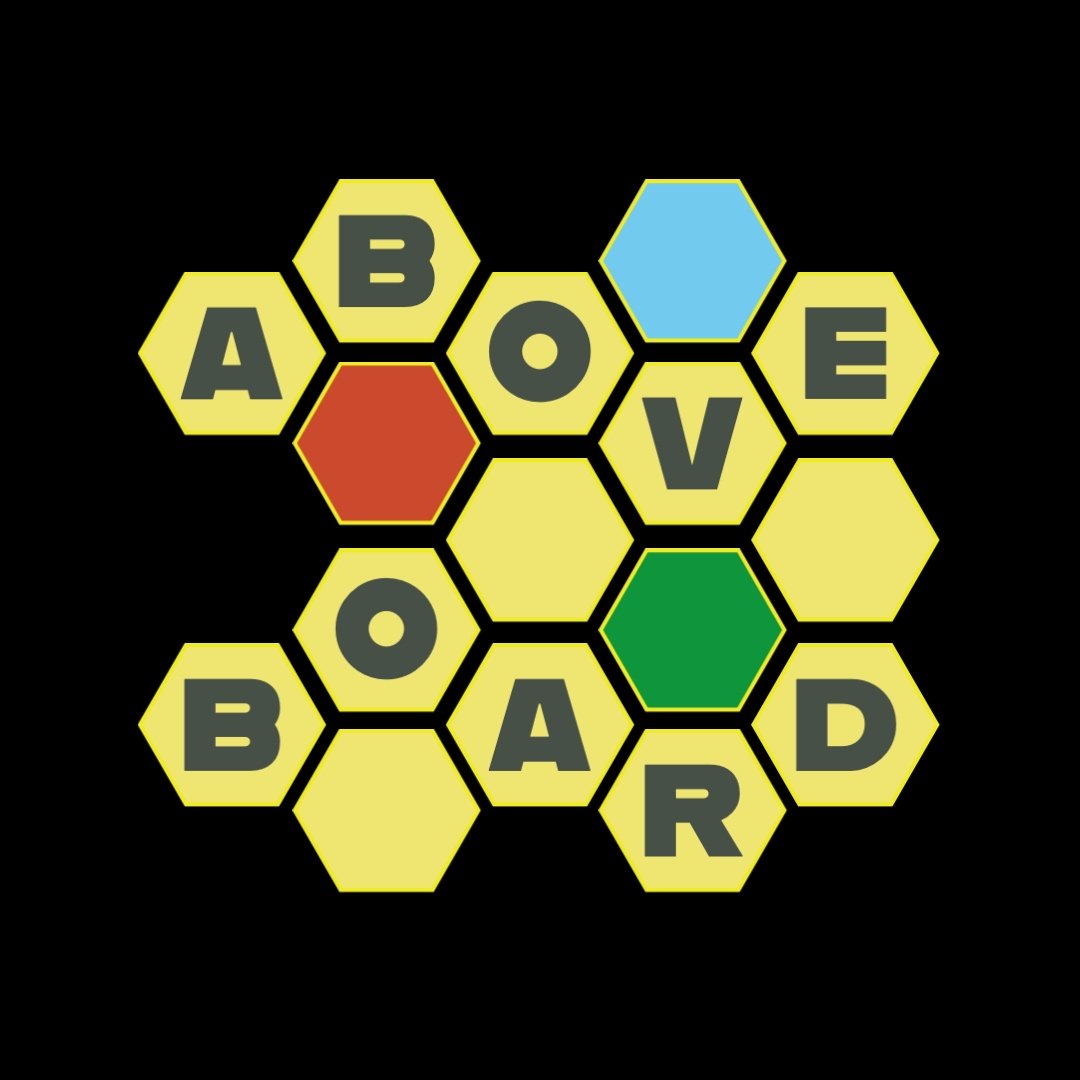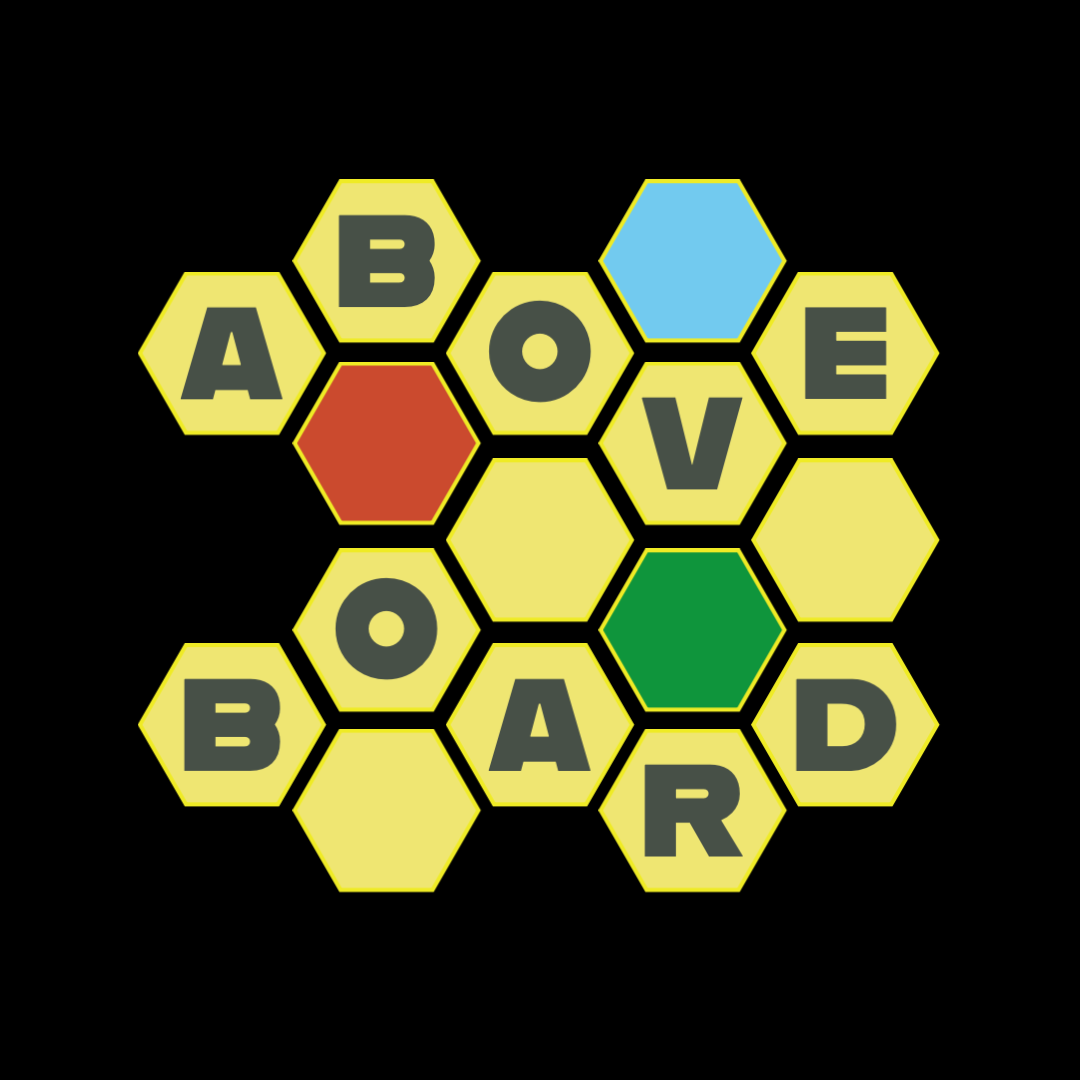Takahe’s Solo Den: Carnegie
1 - 4 Players 120 - 180 Minutes Age” 12+
Designer: Xavier Georges
Artist: Ian O’Toole
Publisher: Pegasus Spiele, Quined Games
Who?
Ever since I saw this game played online, I was instantly hooked and couldn’t wait to get my clean hands on it. I love dry Euros, either of a medium or heavy nature, and Carnegie was certainly promising just that. Thematically wrapped around all the various achievements of world reknowned industrialist and philanthropist Andrew Carnegie, this Euro wasn’t afraid to walk down the beaten path in order to deliver an outstanding gaming experience we all are in this hobby for. I personally don’t mind if the game sticks to proven and tested formulas – it’s those formulas that I like so much and sometimes I just crave a perfected mashup of them, rather than something ground-breaking, new and innovative. In this sense, Carnegie is a prime example of a game that knows what it’s target audience wants.
Now, originally coming from Europe, I had little to zero knowledge of who Mr. Carnegie was. The only Carnegie I know is Dale and only because I was forced to take his “skills for success” course, sponsored by my former employer. It was a horrendous experience, I even used to joke calling it a carnage course as some deeply introverted people just couldn’t cope with all the forced theatrics that were spoon-fed into them :o). Anyway, back to Andrew – after reading the first page of the rulebook, I got intrigued. Who was this man that achieved so much? How did he do it? What were his greatest achievements? Why haven’t I heard about him before? I simply couldn’t ignore the importance of this persona, so I did a little research.
Historical theme fueling the game
And you might be wondering why… Well, since the game bears his name, I wanted to understand the context for all the actions players will be taking. In a strange sense, this dry Euro spoke to me through this person in a very thematic way, which is what I certainly did not expect when I first saw this game. Familiarising myself with the theme also helped me to get a good, solid grasp of how each mechanism in the game works and relates to one other, because without a well chained sequence of actions, you won’t be able to afford much and will be struggling to do anything meaningful in the long-term.
Since I’ve already briefly mentioned the chaining of actions, maybe it’s time to explain a bit more as to how the game works. Carnegie is, at its core an action selection Euro – you pick one of 4 actions; you activate either income & production or donations… and you execute the action you have chosen. Four actions? Isn’t that a bit too… limited, you might be asking? Well, yes, and no. Each of the four actions (HR, Management, Construction and R&D) allows you to trigger all the corresponding departments in your HQ. You start with a bunch of basic ones, but as the game progresses, you’ll be able to add more and more. These departments also need employees in them, and not just any kind of employees – they need to be active (standing up) in order for you to execute that particular action of that particular department.
Business running crash course
The best way to explain how this part of the game works is to just give you an example. You choose a construction action, despite not having required goods to build stuff. You collect income and trigger production (I’ll get to this a bit later). You then first activate one of your construction departments in order to buy goods cubes at $1 each. Moving on to your second construction office – you send an active employee into the chosen region to oversee the construction of a new factory (for which you had to pay two goods cubes, which you gained just a moment ago). You simply take the meeple, place it in the regional track of your choosing, you pick a corresponding factory building disc and place it in one of the cities within that region. By doing so, you have now exposed one goods cube symbol on the industry project tab, granting you one cube each time you activate income and production. For instance, if you built a commerce building from a commerce tab, you would have exposed a money symbol instead.
As you can see, this is the chaining of actions I was talking about – you activate your departments in a sequence of your choosing, allowing you to do something you were not able to do without the chosen sequencing (such as my example above). And the more departments of each type you have, the more flexible you are in executing your actions.
The other thing worth explaining is how the action selection works. You essentially move action selection tokens on four individual tracks – whenever you chose to do an action, the corresponding action token moves along the track until it reaches the end. When all tokens reach the end of their tracks, the end game is triggered. What’s interesting about this system is the sub-actions you activate whenever you choose the main action – you either collect income and produce (in a specific region depicted on the track), or you donate money to secure VP scoring objectives that are in favour of your strategy.
The beauty of this open-book action selection is that you know what’s coming. You know how many times each region produces and how many times you can pay donations, and more importantly, when these opportunities will arise. Therefore, you can plan ahead when and where to deploy your employees (either via construction actions or certain management ones) since without them present in the region, you simply cannot not produce or collect income.
A stunning map worth exploring (and exploiting)
And then there is the area control aspect of the game – by constructing buildings in cities, you are not only securing yourself certain VPs for the end game scoring but are also potentially extending the connection between east and west, north and south. Once you establish a railway connection between the key cities, you are then eligible for some pretty substantial VPs at the end of the game. It is therefore only logical to try and make connections as far as you can because those can grant you lots of points. However, doing so might force you to play sub-optimally, thus missing other scoring opportunities in the process. So, as you can see, the game does not have one, single path towards victory and you not only have to plan ahead but also constantly re-evaluate your heading as a situation can change rapidly. And it DOES change rapidly because other players (and the solo bot of course) interfere with your plans more or less constantly.
So yes – there are only four actions to choose from. Only four… but leading to vastly different outcomes. This game does not overwhelm you with tons of binary options. No. This game gives you four actions but how and more importantly, when you execute them will be up to your skills and wits. And believe me, you will want to be clever about your turns since the opponent will do the same action alongside you – why is this so important? Because not allowing your opponent to benefit from your action will be as strategically important as your long term, end-game plan.
Top-notch solo a star of this show
Since you are reading this review, you have probably already guessed that the solo mode in Carnegie is nothing short of outstanding. Yup – all the above translates pretty much flawlessly into the solo game and Andrew, the solo bot, is probably the best automa implementation I have played against this year (so far). What’s even more cool is how the bot operates – all you do is flip solo cards each time you and the bot take turn.
There is no decision tree to study or memorise, no endless pages of rules for solo, just a bunch of cards with a range of actions depicted on them. Once you pick an action, you do what is shown in the corresponding section on the card, when the bot takes an action first, he does what is highlighted. Super simple, super easy, no hassle, just an intuitive and straight-forward bot, one that is an absolute breeze to operate.
Okay, if the bot is so easy to manage, why is it so much fun to play against it? Why is it so engaging? I think the key reason for Andrew being a very enjoyable opponent, is how the final scoring works for him. As you play through the game, you and Andrew will periodically place donations on the board (see pic below). These donations then score you additional victory points for stuff like every commercial building built, every department of a certain type, every building in a specific region etc.
The thing is – Andrew scores what YOU have done. So, if Andrew places a donation on spot that scores additional VPs per industrial building built, he scores YOUR industrial buildings built. What this means is that when playing against solo, you have to be extra flexible with your strategy and always have a viable alternative scenario B, C and D. Andrew doesn’t have any strategy he follows, nor any specialisation – which makes it even more important to be prepared for anything as -unlike a human player who’s actions can indicate their strategy – Andrew’s goals are always shrouded in mystery.
And I love that. This game is full of juicy analysis paralysis moments as you’re trying to sequence your moves according to the position of action tokens, according to what Andrew wants to do the most (if you choose an easier difficulty, some of Andrew’s cards depict his strongest action on that card), according to donations (either taken or available), according to what departments are still available, according to your strategy… tons and tons of decisions to be made. And all these constant decisions make for engaging, captivating gameplay!
An instant classic?
Carnegie is a serious contender for my Number 1 board game of 2022. It’s a masterfully crafted medium-to-heavy Euro that delivers a crunchy experience with a stellar bot that does not get in the way. Sure, Carnegie does not bring anything new or ground-breaking to the table, but the expertly executed and well balanced mashup of several fan-favourite Euro-mechanisms makes it an absolute joy to play. Maybe I am using too many superlatives here which might push this paragraph into cringe territory… but I just can’t find any other words in my limited vocab to express how much fun I am having playing this game. The simple fact is – Carnegie is the best Euro I have played this year. Full stop. And if you are fans of this genre, you either already have it in your collection OR are very much aware of its existence!










